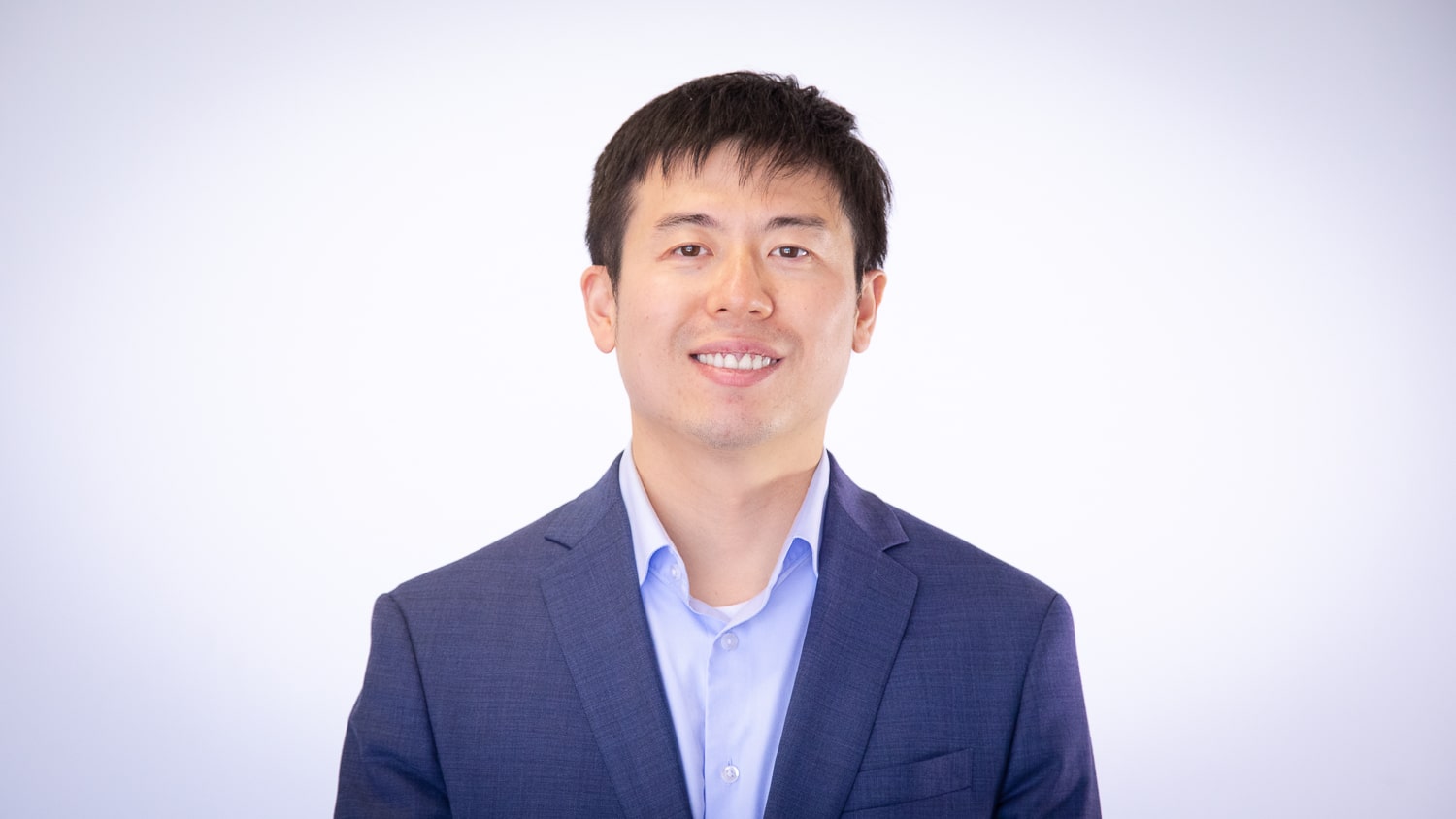S M Fijul Kabir: Exploring New Technologies Leads to a New Field of Study

By Debbie Willmschen
When S M Fijul Kabir joined the program at the NC State Wilson College of Textiles in 2018 as a doctoral student, he was aware of the college’s reputation. And from an early age, he had already developed an intention of studying here.
“When I first realized that I wanted to learn more about textiles, I already knew about the robustness and diversity of the program at Wilson College,” said Kabir. “I was ambitious to pursue higher education in the arena of textiles, and Wilson College was all I dreamed about.”
Kabir earned his bachelor’s degree in textile engineering from the University of Chittagong, Bangladesh, and his master’s degree in textiles with a minor in applied statistics from Louisiana State University in Baton Rouge. Starting the doctoral program at Wilson College was the next natural step for Kabir as he continued his educational journey and followed his passion for textile research.
When he began the program, Kabir understood that Wilson College offered both a diverse faculty and a breadth of research that covered all aspects of textiles. But as he delved into his classes and research, he discovered opportunities to learn about new topics, which both excited and intrigued him.
“My co-advisor, Abdel-Fattah Seyam, (department head, Textile and Apparel, Technology and Management) introduced me to 3D printing,” said Kabir. “When I explored this subject further, I learned that it’s a sophisticated and emerging technology that is promising to make a revolution in the material engineering field. I knew that this was an area where I could take a lead role. And I was able to talk to the manufacturers of the printers, select the printers and explore the technology myself.”
“Kabir was willing and eager to step out of his comfort zone and learn new technology, science and skills — the keys to his success,” said Seyam. “My research group is fortunate to have him.”
Kabir’s research is developing a fiber-reinforced composite material, using the advanced manufacturing technology of 3D printing to develop any shape, which is beyond the capability of traditional technology. Kabir explained that the fundamental reason for developing a fiber-reinforced composite is to reduce weight without compromising performance while also considering safety issues.
“Traditional composite manufacturing technology requires a mold to develop a shape for composite fabrication, which often limits the formability of the composite structure and involves more time, cost and industry,” explained Kabir. “In contrast, 3D printing develops a structure in a single setup and minimum time, which is not possible by any other traditional technology.”
The advantages of this type of technology is that it provides a stronger composite material but also a process whereas mass customization and production on demand are possible. Thus, this is an emerging technology with many practical applications in several industries going forward.
“I am excited to be a part of this new technology here at Wilson College,” said Kabir. “We are establishing the 3D printing technology for composite fabrication as a field of study. And I’m hopeful, with incoming students who will be working in the lab, that I can provide them with training and introduce them to these technologies. And it’s even more wonderful that the program is attracting new students.”
Graduating in May 2021 with a doctorate in fiber and polymer science, Kabir hopes to find a research and development position in the textiles industry, with a long-term goal of finding a position in academia.
“I like teaching and researching,” said Kabir. “I would enjoy an environment where I can continue to conduct research but also share the knowledge that I have gained through my research. I am enthusiastic to apply what I have learned from Wilson College.”
- Categories:


